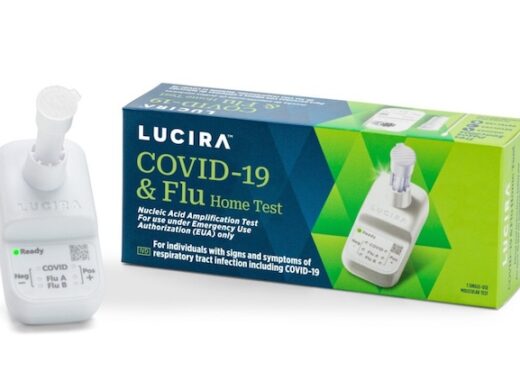Courtesy of two new research grants in support of clinical trials for children with autism spectrum disorder (ASD), patients of Barrow Neurological Institute (BNI) will benefit greatly.
Richard E. Frye, MD, PhD, Professor of Neurology at Phoenix Children’s, is the grant recipient and principal investigator on these studies. Frye continues to collect major grants as he conducts his decades-long research in autism and other neurodevelopmental abnormalities.
“We have the opportunity to diminish developmental and behavioral setbacks in patients with autism, some at a very early age,” said Dr. Frye. “These new grants will advance the promising research we are doing to improve verbal communication and behavioral function among a wide range of patients of different ages with varying ASD symptoms.”
In order to test the effectiveness of leucovorin (also known as folinic acid), a special form of folate (vitamin B9), which shows early promise in improving verbal communication in children with ASD, Autism Speaks will fund a trial led by Dr. Frye.
One of two grants Dr. Frye has received to test leucovorin in the treatment of ASD, this one focuses on improving social skills in very young children newly diagnosed with ASD. Over 80 patients ages 2 to 5 with ASD will enroll in the Autism Speaks study over the course of three years.
Select patients will have the opportunity to participate in the study shortly following ASD diagnosis. The trial will utilize a liquid form of leucovorin that will enhance development of brain-cell receptors that respond to naturally occurring folate.
“Children diagnosed with ASD can suffer life-long consequences affecting them in critical times during their development,” Dr. Frye said. “With the new grant from Autism Speaks, along with the NIH grant, we will study two different age groups of children with ASD and will examine the success of leucovorin in treating ASD-associated language and social problems.”
A second new grant that is funded by Turnabout for Autism will support a trial also led by Dr. Frye. The study focuses on mitochondrial dysfunction in children ages 4 to 14 with ASD.
The primary goal of the study is to evaluate a weight-adjusted, wide-spectrum metabolic supplement powder and its ability to improve mitochondrial function in patients. Dr. Frye’s team will also evaluate the supplement’s effect on behavioral function in children with ASD.
“Mitochondria are the powerhouse in every cell in our bodies,” Dr. Frye said. “Children with ASD have a problem with the make-up of this part of the cell. By improving the way mitochondria work, we may be able to improve behavior and function.”
Secondary outcomes of the study will include evaluating changes in repetitive behavior, irritability, social withdrawal, hyperactivity, anxiety, noncompliance and adaptive behavior.
“We hope to improve mitochondrial function which could improve the overall measure of ASD symptoms as indexed by the Childhood Autism Rating Scale,” Dr. Frye said. “With the combination of these new grants, we will propel critical autism research and outcomes for a wide-ranging scope of patients with autism.”








